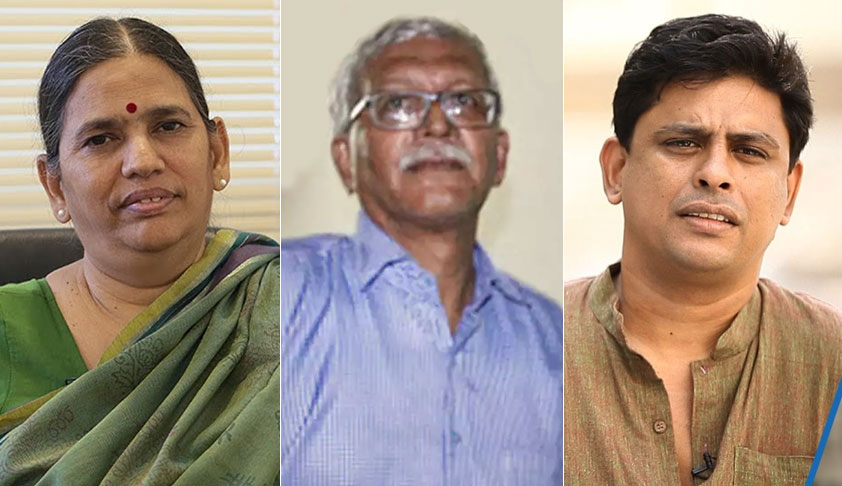Bhima Koregaon: Pune Court Sends Sudha Bharadwaj, Vernon Gonsalves and Arun Ferreira To Police Custody Till Nov 6
PTI
28 Oct 2018 10:08 AM IST

Next Story
28 Oct 2018 10:08 AM IST
A Pune court on Saturday remanded rights activists Sudha Bharadwaj, Vernon Gonsalves and Arun Ferreira, accused of having Maoist links, in police custody till November 6.Bharadwaj, under house arrest in Faridabad, was taken into custody by police this morning and brought to Pune.Gonsalves and Ferreira had been taken into custody by the Pune Police Friday evening after the court rejected the...
